There’s a powerful term in my tribal language rooted in the Ho-Chunk Nation that has inspired my work with Indigenous societies worldwide during the past 18 years. Nazine means to stand up or to rise and it reflects a figurative encouragement to affirm your humanity and understand what you need to establish a sense of safety and peace. I think that’s especially relevant now, as BIPOC (Black, Indigenous and people of color) communities nationwide face dehumanizing rhetoric and threats to their safety.
I’m from the Ho-Chunk Nation in Wisconsin, where our elders taught us from a young age that we have an inherent ability to heal ourselves mentally, emotionally and spiritually, something we don’t often hear in the Western dominant world. We learn Indigenous customs to help us navigate life’s challenges, especially trauma. I have taken these practices with me around the world to help people heal and now I find them especially helpful as I reflect on how we can support one another in our country during such divisive times.
Before joining the W.K. Kellogg Foundation eight years ago, I spent several years working with human rights organizations to support Indigenous people in eight countries in navigating crises, from Kenya to Afghanistan, Lebanon, Jordan, Uganda, South Sudan and more. We addressed issues, including refugee programming, mental health, women’s rights, infrastructure, trauma response and much more. Ultimately, we helped people determine what healing means to them rather than adopting Western practices that seek to tell them how to heal.
Something I noticed repeatedly in my years of working with diverse communities is that it’s much more difficult for people to heal from a traumatic event when they’re unprepared. While we can’t always predict what a crisis will bring, we can create a plan for what we need, like who to contact for support, where to take shelter and source essential needs, and how to engage in healing to help manage mental and emotional health. And that’s precisely what we should think about as we contemplate the significant ripple effects that will impact our communities in the run up to and following the November general election.
What to Consider When Developing a Plan
People of color face consequential threats to their safety and equity no matter who takes office, although we can expect that to manifest differently. Thinking through different scenarios should be a priority for all of us, especially local leaders. How will we handle another insurrection, continued attacks on racial justice work, or pockets of violence throughout the country? The answers to these questions are as unique as the culture, characteristics, and traditions of each community and Native Nation within this country.
Having a plan for ourselves helps us regain control over the aspects we can influence, while the experience of considering a potential crisis enhances our inherent abilities and boosts our confidence in handling an unforeseen situation.
We can start by identifying the individuals, leaders, and organizations who can support you in getting what you need and places to seek physical safety. Easy access to identified emergency contacts on your phone is one example of readiness. Whether you’re the leader of your household or a community, delegate tasks within your circle and include those individuals in the planning process so they are fully informed.
Engaging in activities that help nurture the nervous system helps provide mental clarity and supports our physical ability to respond to our environment. Somatic therapy can profoundly nourish the mind, body and spirit. While I personally enjoy meditation, prayer, journaling, and breathing exercises, I have worked with communities that practice grounding, yoga, dance therapy, sound therapy and more.
While our shared humanity can guide our communities, our healing is deeply rooted in our distinctive identities. As we face future uncertainties, we can empower ourselves to preserve our health and safety and navigate whatever challenges we may experience with greater ease through preparedness.
I urge every individual, household, and community leader to prepare yourselves and your loved ones. Create a plan that equips you with the network and resources you need in case of an emergency. Embrace the beliefs and traditions that define you and cultivate practices that resonate with your spirit and ground you toward affirming your own humanity.

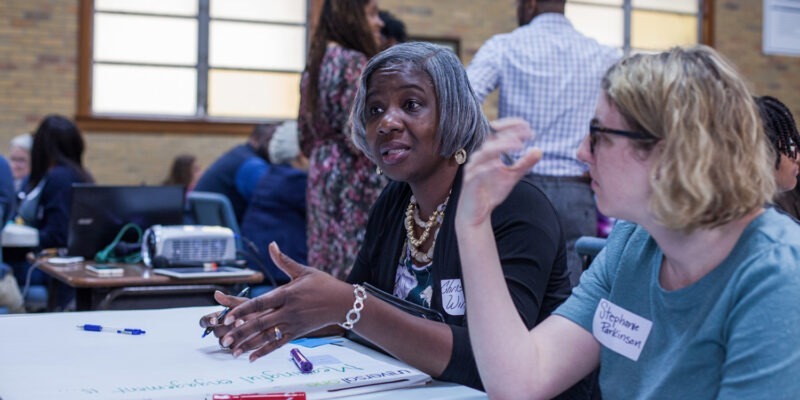
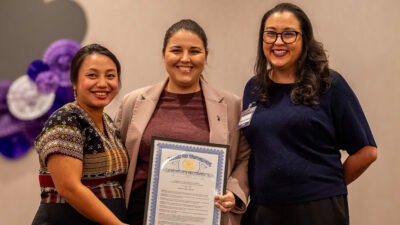
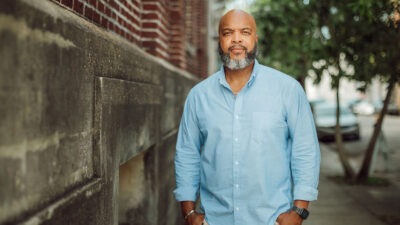
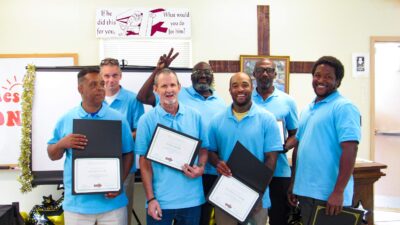

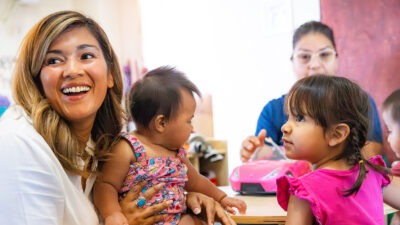
Comments